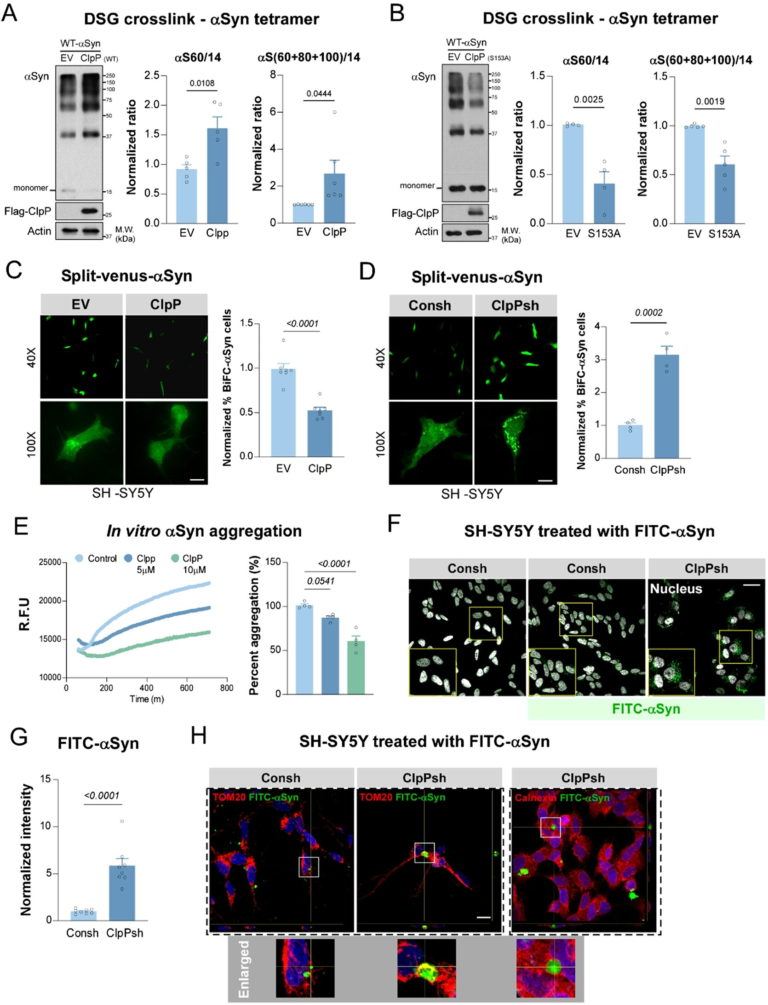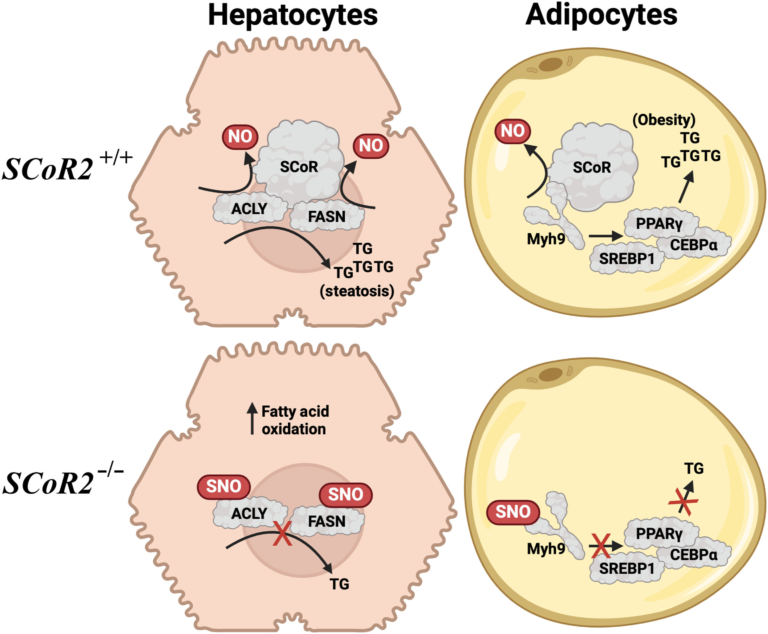Weight-Loss Drug Tirzepatide Shows Potential to Shrink Breast Cancer Tumors in Mice

A new study presented at ENDO 2025, the annual meeting of the Endocrine Society in San Francisco, has uncovered an unexpected effect of the weight-loss drug tirzepatide (sold as Mounjaro for diabetes and Zepbound for obesity). In addition to reducing body fat, tirzepatide was found to slow the growth of breast cancer tumors in obese mice.
Researchers from the University of Michigan, led by Ph.D. candidate Amanda Kucinskas in the labs of Drs. Erin Giles and Kanakadurga Singer, conducted the preclinical study to evaluate whether this dual-purpose drug could influence obesity-linked cancer growth. Since obesity is a well-known risk factor for breast cancer, they wanted to test if medically induced weight loss might directly affect tumor progression.
Why This Study Matters
Scientists have long recognized that obesity worsens outcomes for breast cancer patients, while weight loss tends to improve prognosis. However, sustained weight loss through diet and exercise alone remains very challenging for most individuals. Newer drugs like tirzepatide, which act on both GLP-1 (glucagon-like peptide-1) and GIP (glucose-dependent insulinotropic polypeptide) receptors, offer a more reliable path for reducing body weight. These receptors regulate both blood sugar levels and appetite, making the medication effective in both diabetes management and weight control.
The research team specifically wanted to see if the drug’s weight-reducing effects would also translate into a measurable impact on tumor growth in an obesity-driven breast cancer model.
Inside the Mouse Study
The study involved 16 C57BL/6 mice, starting at 9 weeks of age, that were placed on a 40% high-fat diet and kept in a warm environment to induce obesity. By the time the mice reached 32 weeks of age, they were separated into two groups: one received tirzepatide injections every other day for 16 weeks, while the other group received a placebo.
Researchers carefully measured tumor volumes twice a week throughout the study.
The results were striking. Mice treated with tirzepatide lost about 20% of their body weight and body fat, a reduction similar to what has been observed in women using the drug. The weight loss came primarily from a decrease in adipose mass, and reductions were also noted in specific fat depots compared to controls.
Most importantly, the drug-treated mice showed significantly smaller tumor volumes than the placebo group. At the conclusion of the experiment, tumor size was strongly correlated with body weight, total adipose mass, and the amount of fat stored in the liver. In other words, the leaner the mice became, the smaller their tumors grew.
Key Results
- Weight and Fat Reduction: Around 20% decrease in body weight and body fat mass.
- Tumor Suppression: Slower tumor growth compared to untreated controls.
- Correlation Data: Tumor volume was strongly linked to body weight (R² = 0.60), adipose mass (R² = 0.50), and body fat percentage (R² = 0.39).
- Mechanism Unclear: At this stage, it is not certain whether tirzepatide has a direct anti-tumor effect or whether the benefit is solely due to fat loss.
Next Steps in Research
While the results are very preliminary, they are promising. The research team has already begun ongoing studies in collaboration with Dr. Steve Hursting’s lab at the University of North Carolina at Chapel Hill. These new experiments aim to separate the drug’s weight loss effect from any possible tumor-specific effects of tirzepatide.
It is also worth noting that other preclinical research has shown tirzepatide may suppress mammary tumor growth in obese female mice, though calorie restriction alone has been shown to produce even stronger tumor reductions in some studies. This highlights that weight control, regardless of method, remains a critical factor in reducing obesity-associated cancer risks.
The Takeaway
Tirzepatide has already proven effective in treating type 2 diabetes and obesity, but this new evidence suggests it may also improve cancer-related outcomes by slowing tumor growth in obesity-linked breast cancer. However, this study was conducted in mice only, and much more work is needed before any firm conclusions can be applied to humans.
Still, the findings open up a fascinating new avenue of research—one that combines the benefits of weight loss with the potential to reduce cancer risk.
TLDR
Tirzepatide, a weight-loss and diabetes drug, reduced both body fat and breast cancer tumor growth in obese mice. A 16-week study showed about 20% fat loss and smaller tumors, though researchers stress more studies are needed to confirm effects.
Research Paper: PubMed – Long-Term Tirzepatide Treatment Suppresses Mammary Tumor Growth in Obese Mice





